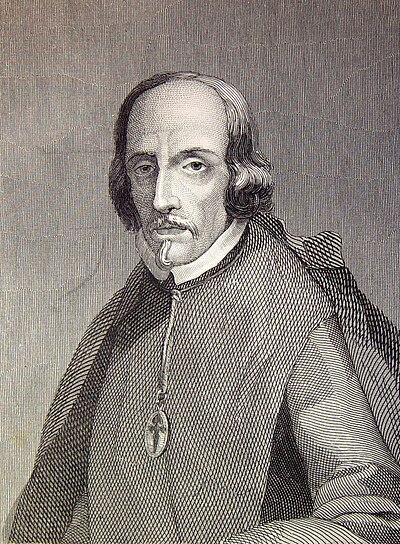
Biography
Pedro Calderón de la Barca (17 January 1600 – 25 May 1681) (UK: , US: ; Spanish: [ˈpeðɾo kaldeˈɾon de la ˈβaɾka]; full name: Pedro Calderón de la Barca y Barreda González de Henao Ruiz de Blasco y Riaño) was a Spanish dramatist, poet, writer and knight of the Order of Santiago. He is known as one of the most distinguished Baroque writers of the Spanish Golden Age, especially for his plays.
Calderón de la Barca was born in Madrid, where he spent most of his life. During his life, he served as soldier and he was a Roman Catholic priest. Born when the Spanish Golden Age theatre was being defined by Lope de Vega, he developed it further, his work being regarded as the culmination of the Spanish Baroque theatre. As such, he is regarded as one of Spain's foremost dramatists and one of the finest playwrights of world literature. Pedro Calderón de la Barca was born in Madrid on Friday 17 January 1600, and was baptized in the parish of San Martín. His father, Diego Calderón, was a hidalgo of mountain origin (Viveda, Cantabria) and by paternal inheritance he had assumed the position of secretary of the Council and Chief Accounting Office of the Treasury, serving in it the kings Felipe II and Felipe III, died in 1615. His mother, Ana Gonzalez de Henao (or Henaut, Hainaut), was of Flemish or Walloon descent. According to James Fitzmaurice-Kelly, she claimed origin from the De Mons of Hainault. She died when Calderón was ten years old, in 1610. His parents married in 1595. Pedro was the third of the six children that the marriage produced (three boys and three girls), of whom only four survived childhood: Diego, the first-born; Dorotea — nun in Toledo—; Pedro and Jusepe or José. These brothers were always welcome, as Diego Calderón stated in his will (1647):
All three of us have always conserved ourselves in love and friendship, and without dividing up assets... we have helped each other in the needs and jobs we have had.
However, they also had a natural brother, Francisco, who hid under the surname of "González" and was expelled from the father's house by Don Diego, although he left written in 1615 that he be recognized as legitimate unless he had married "with that woman he tried to marry", in which case he would be disinherited. Calderón was educated at the Jesuit College in Madrid, the Colegio Imperial, with a view to taking orders; but instead, he studied law at Salamanca.
Between 1620 and 1622 Calderón won several poetry contests in honor of St Isidore at Madrid. Calderón's debut as a playwright was Amor, honor y poder, performed at the Royal Palace on 29 June 1623. This was followed by two other plays that same year: La selva confusa and Los Macabeos. Over the next two decades, Calderón wrote more than 70 plays, the majority of which were secular dramas written for the commercial theatres.
Calderón served with the Spanish army in Italy and Flanders between 1625 and 1635. By the time Lope de Vega died in 1635, Calderón was recognized as the foremost Spanish dramatist of the age. Calderón had also gained considerable favour in the court, and in 1636–1637 he was made a knight of the Order of Santiago by Philip IV, who had already commissioned from him a series of spectacular plays for the royal theatre in the newly built Buen Retiro palace. On 28 May 1640 he joined a company of mounted cuirassiers recently raised by Gaspar de Guzmán, Count-Duke of Olivares, took part in the Catalan campaign, and distinguished himself by his gallantry at Tarragona. His health failing, Calderón retired from the army in November 1642, and three years later was awarded a special military pension in recognition of his services in the field.
Calderón's biography during the next few years is obscure. His brother, Diego Calderón, died in 1647. A son, Pedro José, was born to Calderón and an unknown woman between 1647 and 1649; the mother died soon after. Calderón committed his son to the care of his nephew, José, son of Diego. Perhaps for reasons relating to these personal trials, Calderón became a tertiary of the order of St Francis in 1650, and then finally joined the priesthood. He was ordained in 1651, and became a priest at San Salvador church, in Madrid. According to a statement he made a year or two later, he decided to give up writing secular dramas for the commercial theatres.
Though he did not adhere strictly to this resolution, he now wrote mostly mythological plays for the palace theatres, and autos sacramentales—one-act allegories illustrating the mystery of the Eucharist—for performance during the feast of Corpus Christi. In 1662, two of Calderón's autos, Las órdenes militares and Mística y real Babilonia, were the subjects of an inquiry by the Inquisition; the former was censured, its manuscript copies confiscated, and remained condemned until 1671.
Calderón was appointed honorary chaplain to Philip IV in 1663, and continued as chaplain to his successor. In his eighty-first year he wrote his last secular play, Hado y Divisa de Leonido y Marfisa, in honor of Charles II's marriage to Maria Luisa of Orléans.
Notwithstanding his position at court and his popularity throughout Spain, near the end of his life Calderón struggled with financial difficulties, but with the motivation of the Carnival of 1680 he wrote his last work of comedy, Hado y divisa de Leonido y de Marfisa. He died on 25 May 1681, leaving only partially complete the autos sacramentales that he had been working on for that year. His burial was austere and unembellished, as he desired in his will: "Uncovered, as if I deserved to satisfy in part the public vanities of my poorly spent life". In this manner he left the theatres orphaned in which he was considered one of the best dramatic writers of his time.
Filmography
all 22
Movies 22
Writer 19
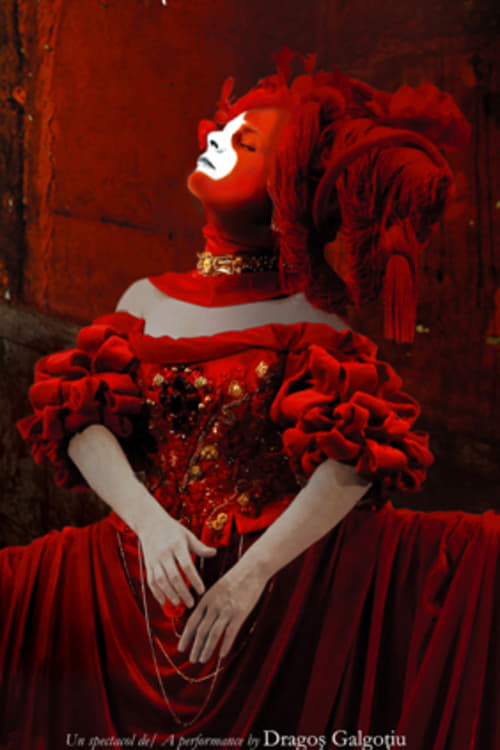
La vida es sueño (2001)
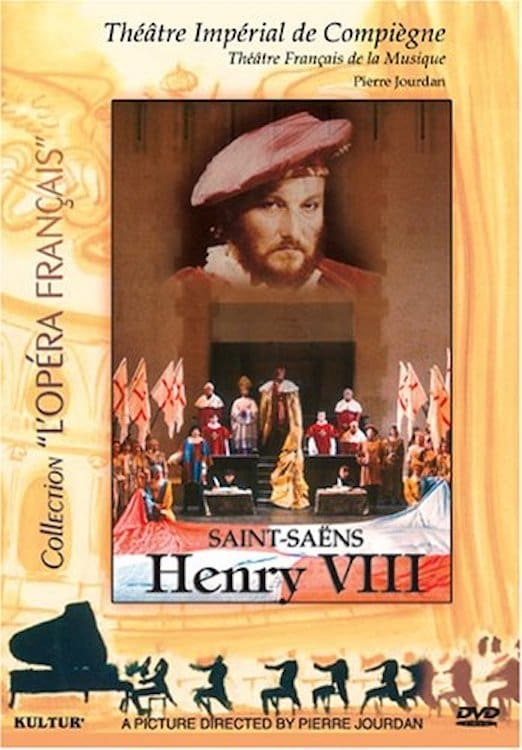
Henry VIII (1991)

Życie jest snem (1988)
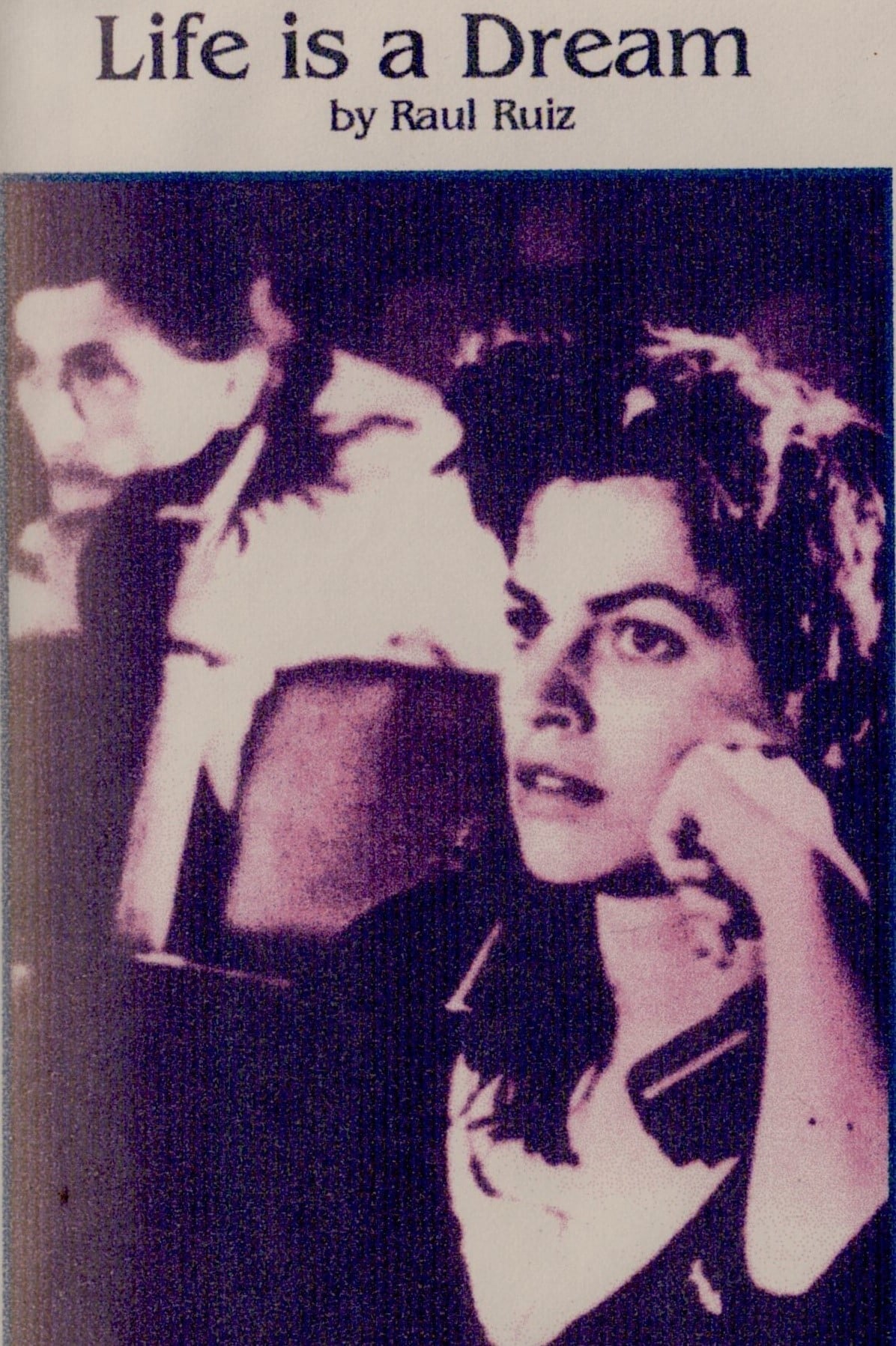
Life Is a Dream (1987)

Život je sen (1979)

Komédia za groš (1975)
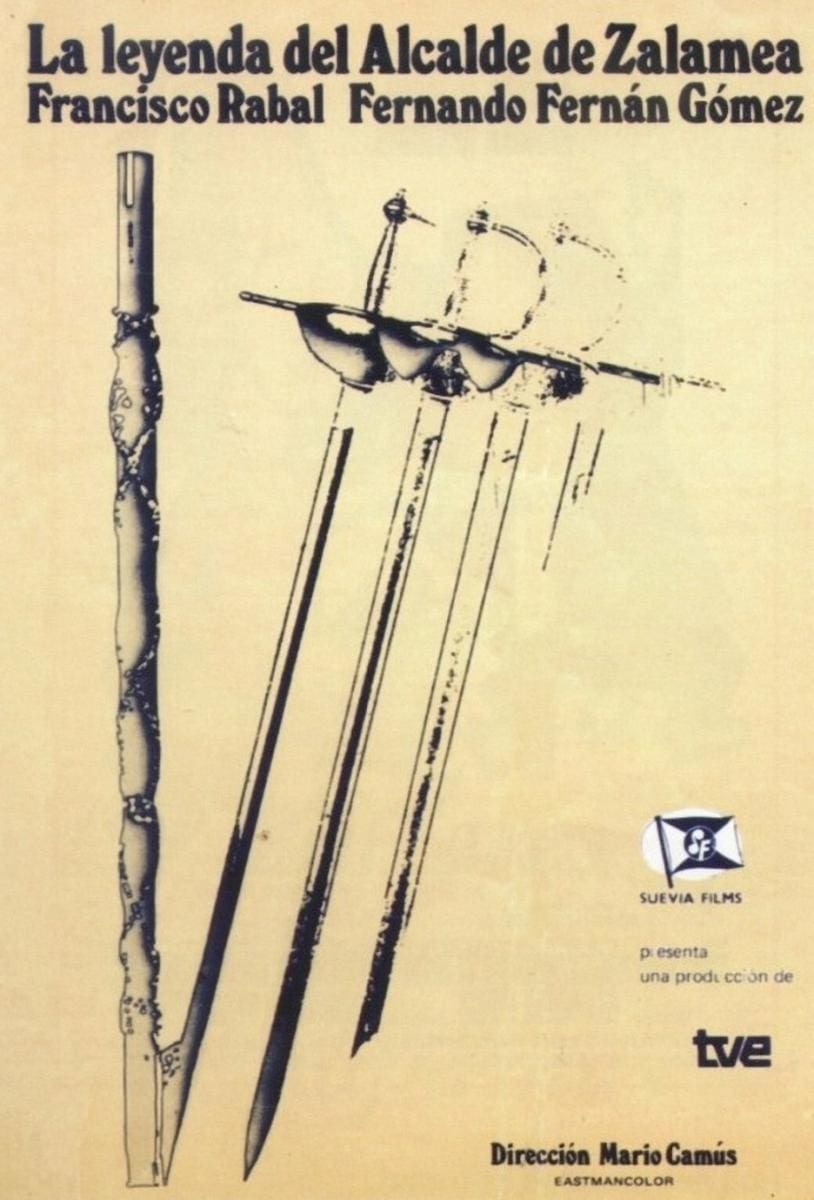
La leyenda del alcalde de Zalamea (1973)

Schovávaná na schodech (1972)

Veselohra s dvojníkem (1969)

Der Richter von Zalamea (1968)
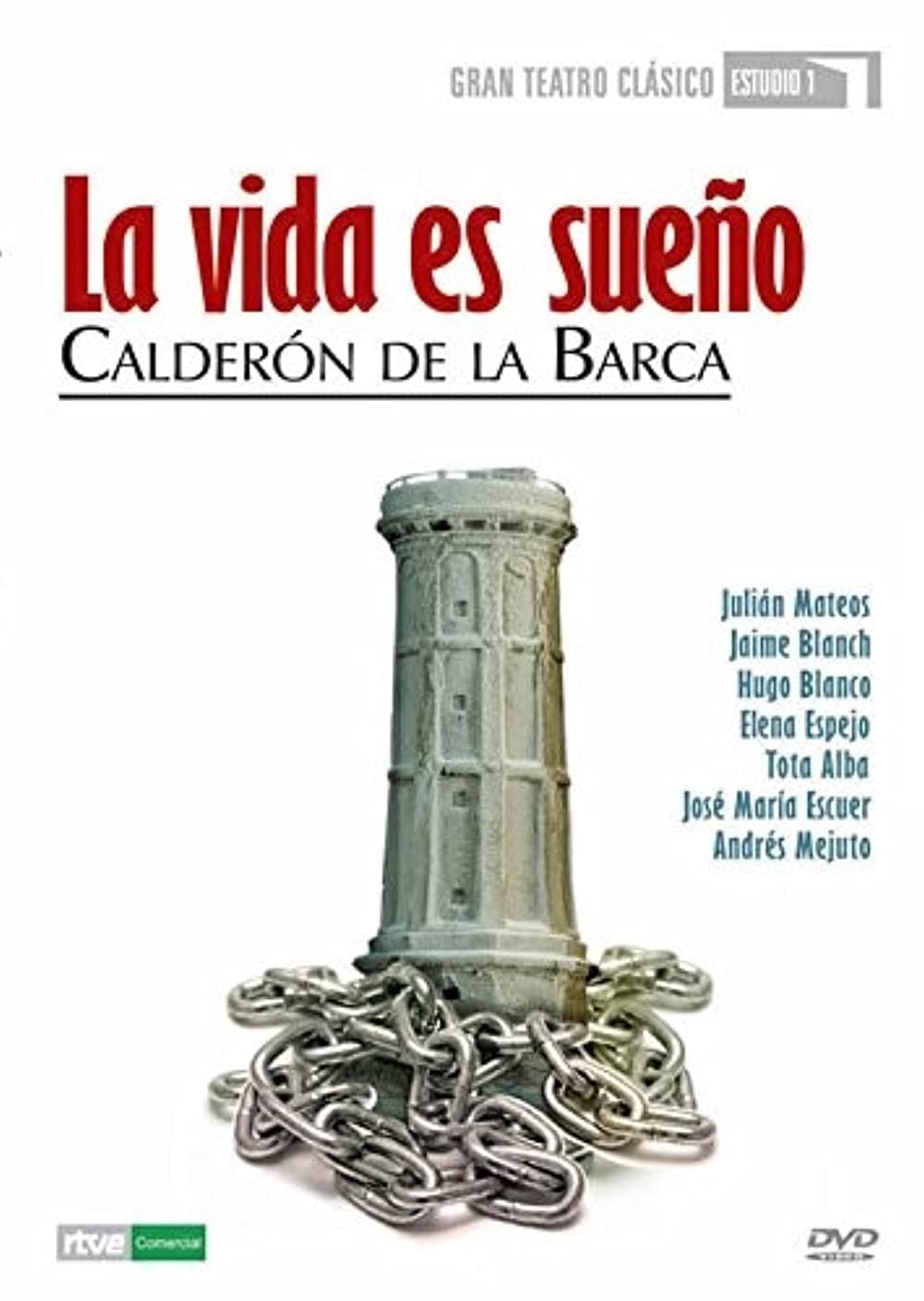
La Vida es Sueño (1967)

Das Leben ein Traum (1963)

The Prince in Chains (1960)
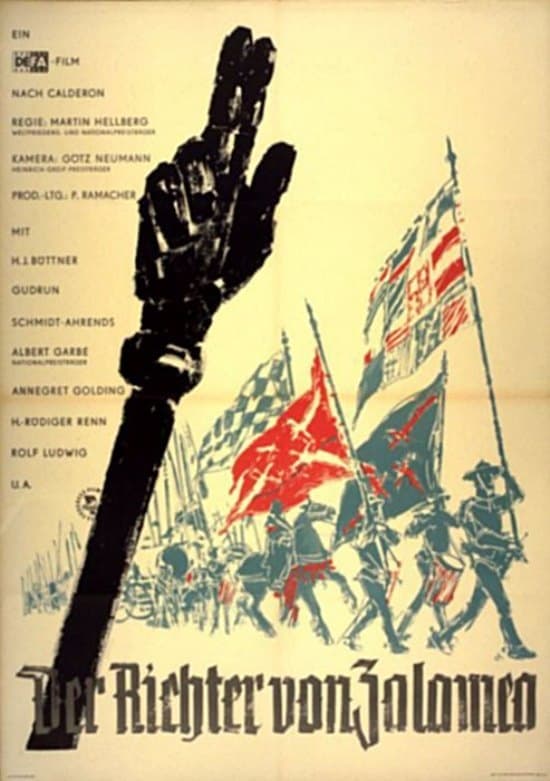
Der Richter von Zalamea (1956)
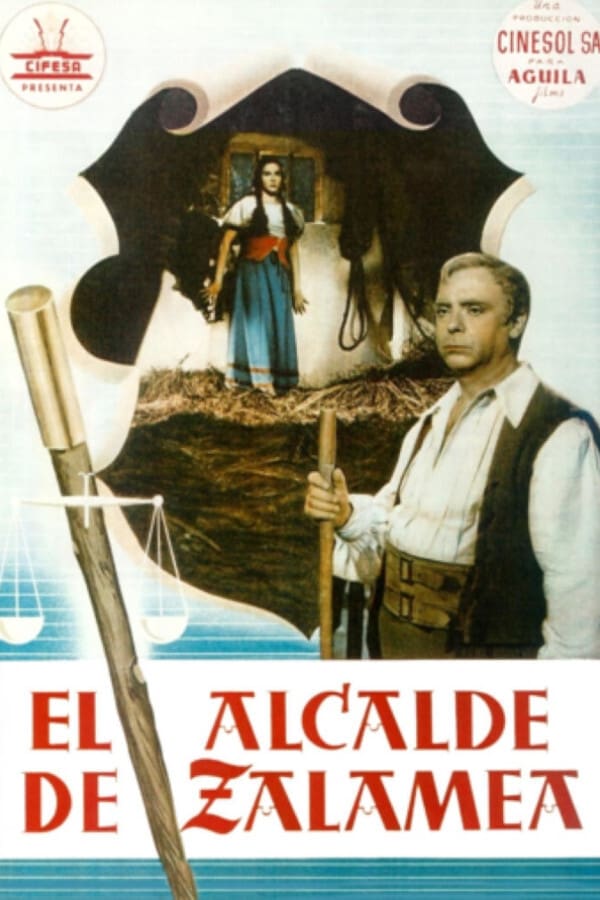
El alcalde de Zalamea (1954)

Dame Kobold (1953)
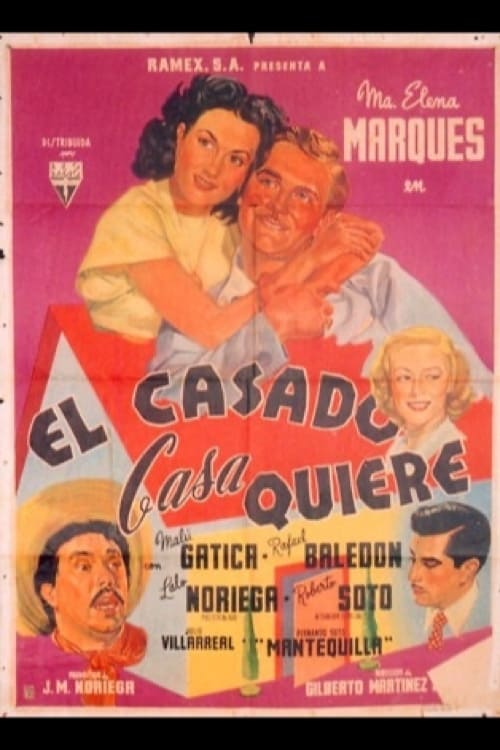
El casado casa quiere (1948)
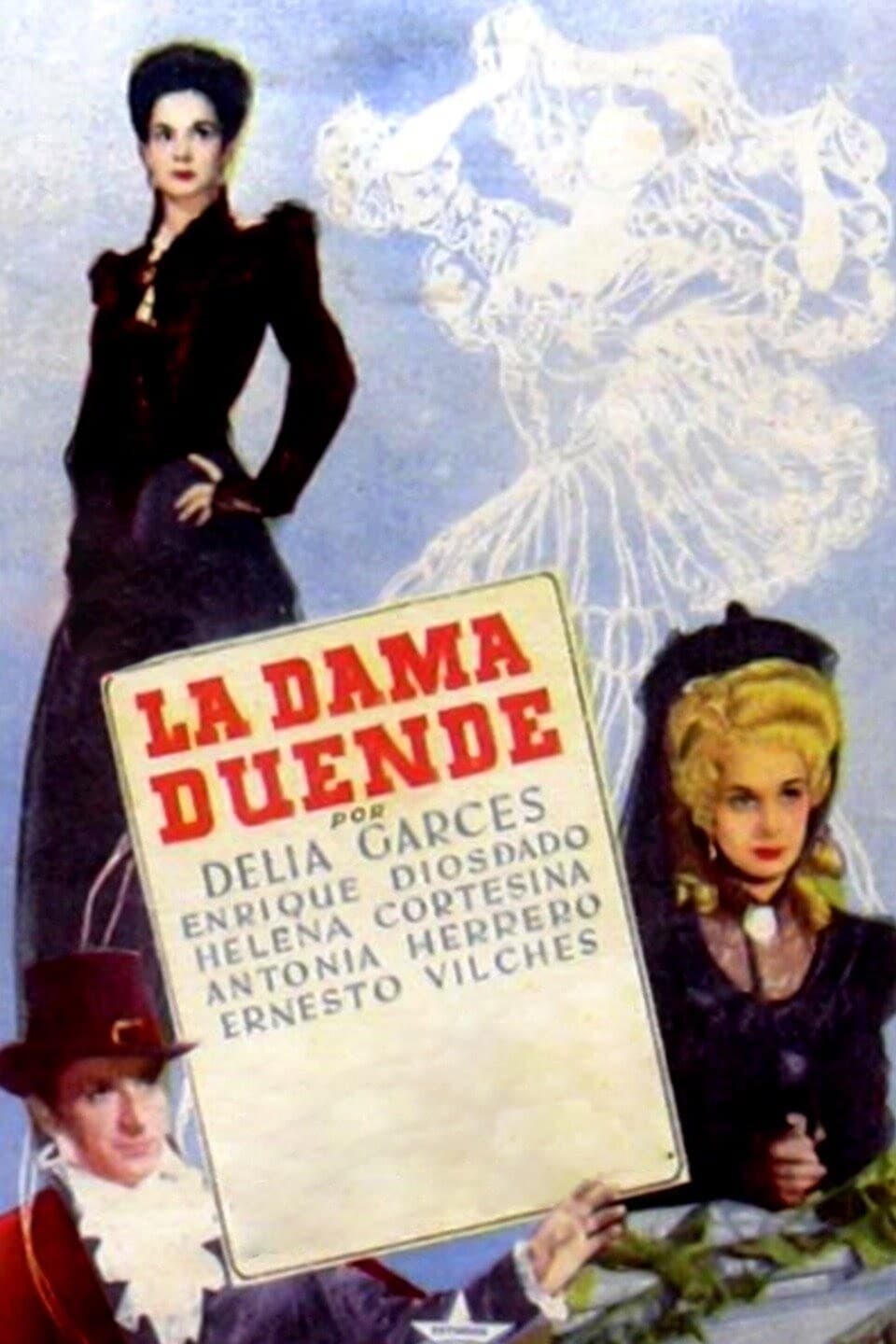
The Phantom Lady (1945)
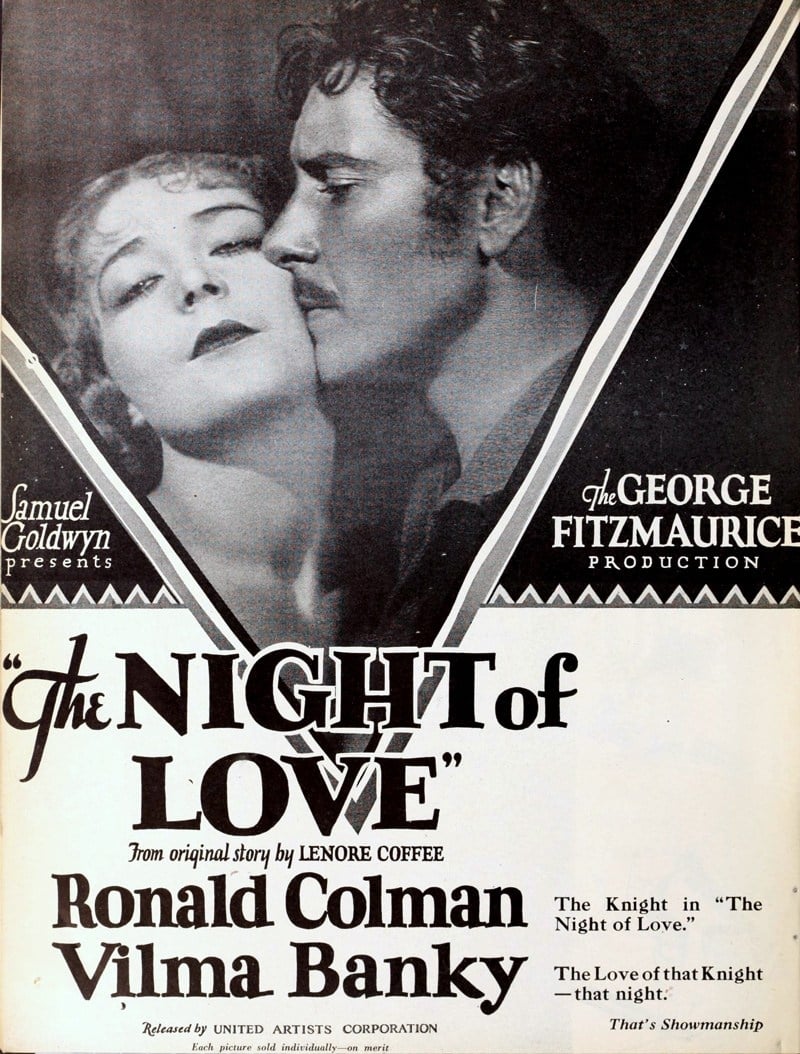
The Night of Love (1927)
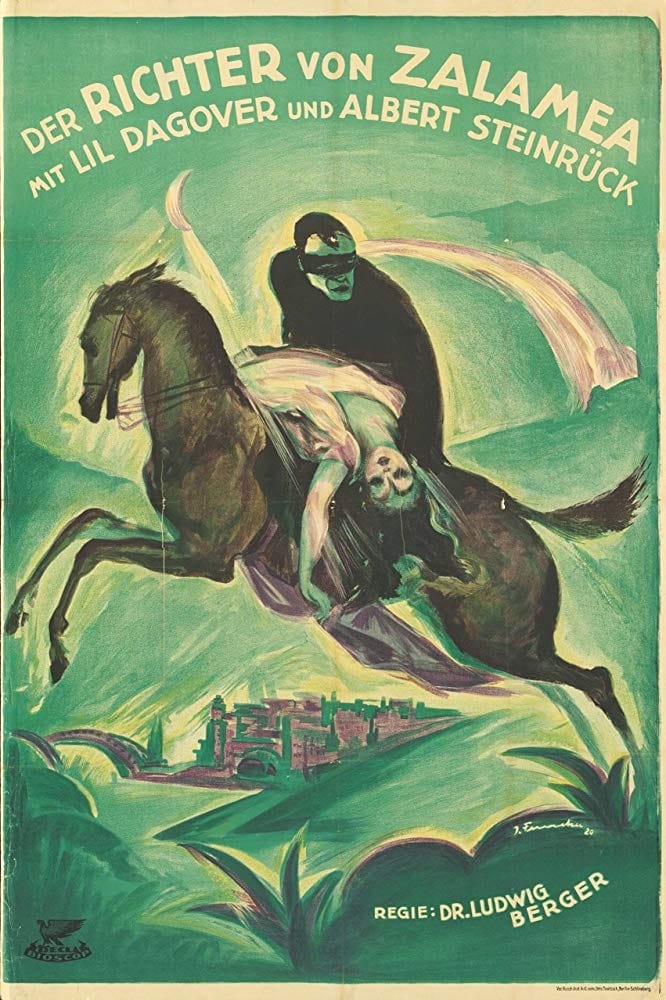
The Mayor of Zalamea (1920)

The Mayor of Zalamea (1914)
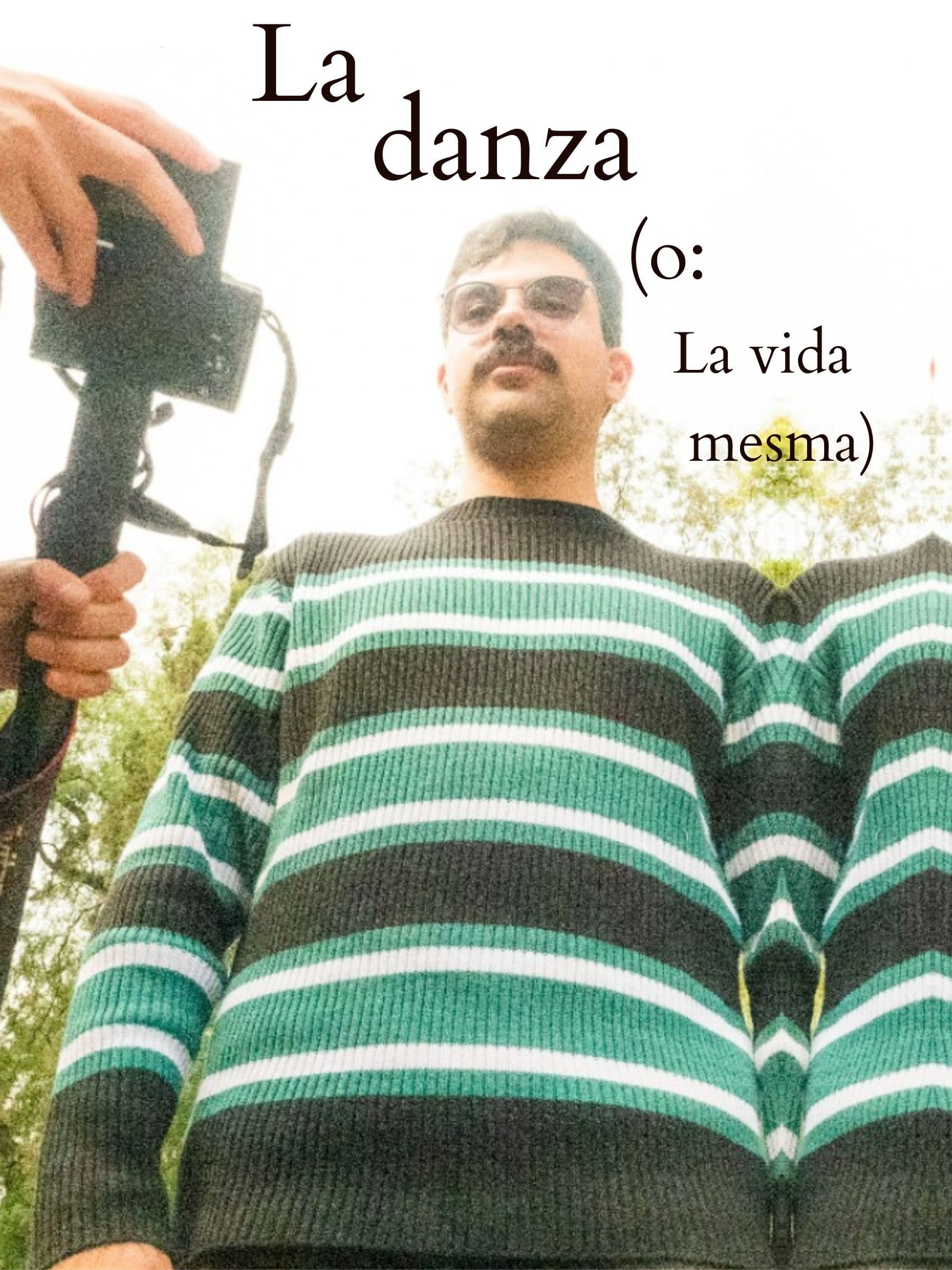
The dance (or: Life thytself)
Ratings
Information
Known ForWriting
GenderMale
Birthday1600-01-17
Deathday1681-05-25 (81 years old)
Birth PlaceMadrid, Spain
ReligionCatholicism
ChildrenPedro José Calderón de la Barca
SiblingsDiego Calderón de la Barca, Dorotea Calderón de la Barca, José Calderón
CitizenshipsSpain
This article uses material from Wikipedia.
 Pedro Calderón de la Barca
Pedro Calderón de la Barca- Filmography
- Information